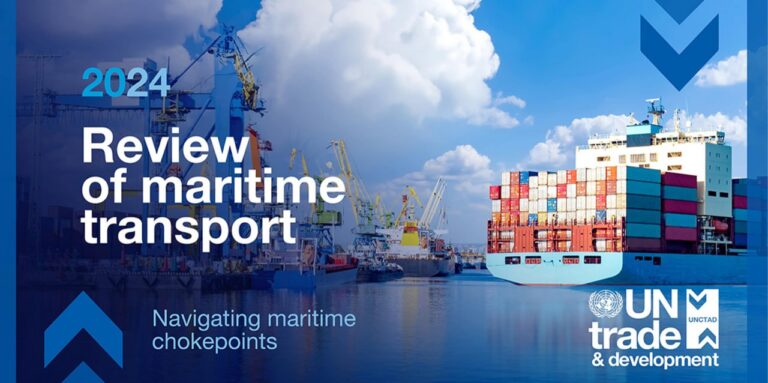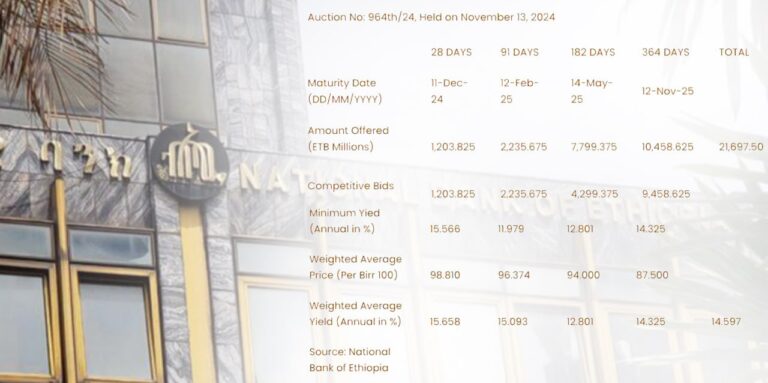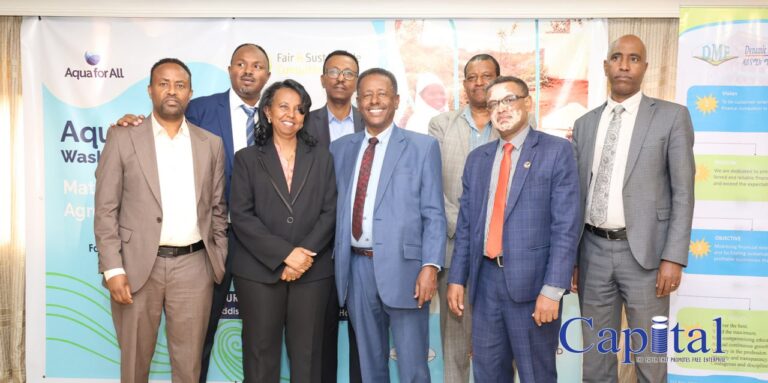As the global economy increasingly relies on maritime transport, Africa finds itself at a critical juncture. The Review of Maritime Transport 2024, published by the United Nations Conference on Trade and Development (UNCTAD), highlights both the challenges and opportunities that shape the continent’s maritime sector.
Maritime trade volumes in Africa have shown resilience, with a reported increase in seaborne trade driven by demand for bulk commodities such as oil, minerals, and agricultural products. The continent’s strategic position along major shipping routes, including the Suez Canal, underscores its importance in global supply chains. However, the ongoing geopolitical tensions and climate-related disruptions pose significant risks to this growth.
In particular, the Red Sea and Suez Canal have experienced increased disruptions, leading to longer shipping routes that escalate operational costs. These challenges have direct implications for African economies, particularly small island developing states and least developed countries, which are most affected by rising freight rates.
The report emphasizes the crucial role of maritime chokepoints in global trade. For Africa, the Suez Canal is a vital artery that connects the continent to Europe and beyond. Recent disruptions in this region have forced shipping companies to reroute vessels around the Cape of Good Hope, significantly increasing transit times and costs. This not only affects the competitiveness of African exports but also leads to higher prices for imported goods, exacerbating inflation.
Recognizing the need for improvement, many African nations are investing in port infrastructure and logistics capabilities. Initiatives aimed at enhancing connectivity between ports and hinterland areas are essential for facilitating maritime trade. Improved efficiency in ports can lead to faster turnaround times for vessels, ultimately benefiting trade flows.
Additionally, the transition to cleaner energy sources in shipping is gaining momentum. As the continent faces the dual challenge of economic growth and environmental sustainability, investments in green technologies and practices within the maritime sector are becoming increasingly important.
Regional cooperation is also vital for enhancing maritime transport in Africa. Collaborative frameworks such as the African Union’s Agenda 2063 aim to strengthen intra-African trade and improve transport networks. By fostering partnerships between countries, the continent can better navigate the complexities of global shipping and enhance its economic resilience.
The future of maritime transport in Africa is filled with potential, but it requires a concerted effort to address the existing challenges. As highlighted in the UNCTAD report, the focus must be on building resilient supply chains, investing in sustainable practices, and enhancing international cooperation.
By leveraging its strategic maritime position and investing in infrastructure, Africa can not only improve its trade performance but also contribute significantly to global maritime transport dynamics. As the continent navigates these waters, the path ahead will be shaped by both its challenges and the opportunities that lie within.







